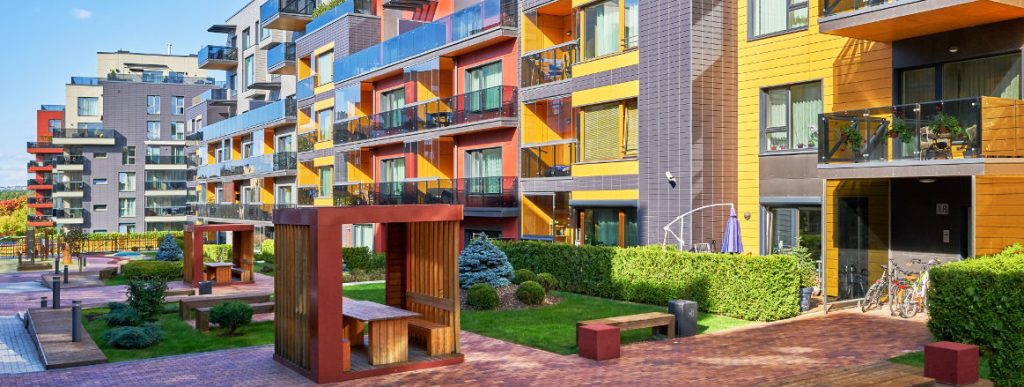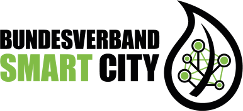The Open Smart Street Hub – Interoperability to stimulate market demand
Lesedauer ca. 2 Minuten Green paper:
Green paper:
(Sie finden die DEUTSCHE Version hier ->)
A smart city is being developed by digitizing the city’s administration, mobility and public space.
People perceive the latter as a „Smart Street“:
Dynamic, highly efficient street lighting,
smart parking systems,
dynamic traffic lights dependent of traffic and environmental conditions.
The goals of the Smart Street are increased security, more environmental and climate protection, a healthy living space with a high quality of stay!
Many companies, including many startups, have developed clever Smart Street solutions, but so far they have met with only modest demand from cities and their service providers.
One of the barriers is that the solutions lack compatibility and interoperability: competitive solutions cannot be integrated into a single control system, nor can they be linked to solutions from other domains from other providers.

Source: Kompetenzzentrum Öffentliche IT, Impuls zu Safety, Security und Privacy im Internet der Dinge, https://www.oeffentliche-it.de/
A smart city risks dependency on technologies and providers, and this in a phase in which the solutions (naturally) are not fully developed and the lifespan of the electronics used outdoors has not yet been proven.
However, cities and industry are equally interested in mitigating these risks and thereby overcoming the demand barrier.
For this, the model of an Open Smart Street Hub provides a possible solution, a system of systems which, based on Open Source modules of the European development FIWARE, not only guarantees vendor independence, but also the engagement of regional software talents in the implementation and further development of an open data infrastructure for the Smart Street.
This supports the Smart City’s desire for data sovereignty as well as interoperability and can reduce industry costs for developing standards.
Download the full 11-pages green paper of our member Stefan Slembrouck.
All Blog-Posts under AKTUELLES as well as forum-posts and comments reflect the personal opinion of the respective author and not necessarily that of the German Smart City Association (Bundesverband Smart City e.V.) and/or its board and/or all its members.
If you like, register for our Newsletters and follow us on social media: Mastodon LinkedIn Facebook Twitter YouTube Instagram

